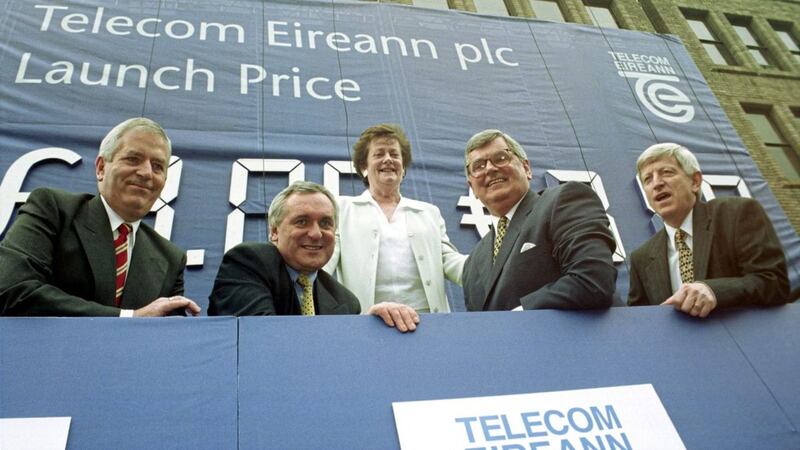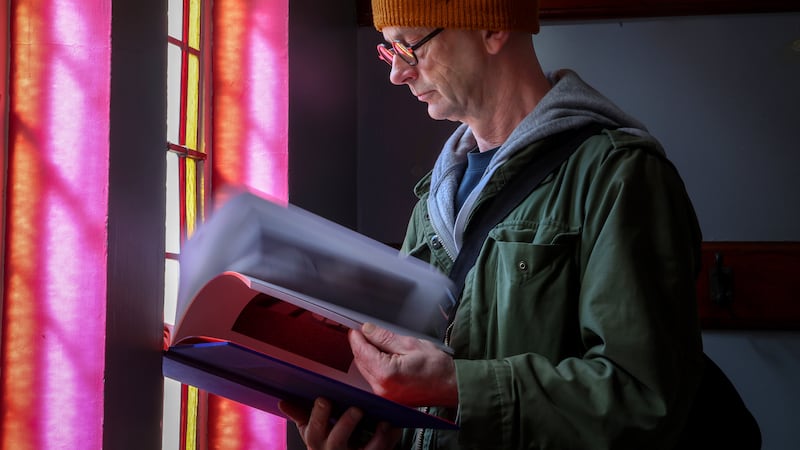Sold: The Eircom Shares Saga, RTE 1, Monday and RTE Player
One of the world’s most successful investors has a cautionary tale about trying to pick companies to invest in.
It’s not that Warren Buffett is against buying shares, it’s just he believes that not everyone has the ability or the time to analyse individual balance sheets.
At his shareholder meeting this year, Buffett gave the devastating example of the motor industry in the US in the early part of last century as an example of the almost impossible task of trying to spot a winner.
With the network of roads growing rapidly and cars already beginning to change the way Americans were living and working, it would have seemed obvious to invest in motoring, just as now the digital and green economy seem guaranteed areas of growth.
But invest where? The 91-year-old explained the real landscape for the investor.
There were at least 2,000 companies making cars over the first couple of decades of the 20th Century but by 2009 there were just three left, and two of them went bankrupt.
"(There’s) a lot more to picking stocks than figuring out what's going to be a wonderful industry in the future," said the chairman of the $650 billion Berkshire Hathaway.
It’s a lesson which the investors in Eircom could have done with in the late 1990s when the mania of the Celtic Tiger was beginning to seep into the blood of the Irish populace.
The sale was the flotation of Telecom Eireann, a state-owned telecommunications company which had just gone digital and was beginning to transform itself from a moribund entity which took two years to supply a landline to a provider of mobile communications.
To almost everyone with savings, (and with banks and credit unions also offering loans to buy shares) Eircom appeared as close to a sure thing as possible.
To be fair, there was some evidence that government privatisations were good investments. The Eircom offer in 1999 came after a series of similar flotations in the UK which had been profitable for individual investors.
The Fianna Fáil government sold it hard. More than two million residents on the electoral register got a sales leaflet through the post and significant money and effort went into an advertising and marketing campaign.
This excellent RTE documentary didn’t mention it, but in many ways the campaign was based on the successful 1986 ‘Tell Sid’ flotation of British Gas.
The shares were to be launched on the Irish and New York stock exchanges simultaneously and the Irish government had an ingenious way of deciding the price.
Amazingly, investors were asked to purchase shares without knowing the sales price, rather than saying how much they wished to spend.
Even more amazingly, 574,000 people took them up on the offer.
The price was set at IR£3.90 and in the early months the stock price went up and profits could have been taken, but investors had been encouraged to be in it for the long run.
Then things started to go very badly. The dot-com crash of 2000 didn’t help and then there were a series of poor management decisions, the sale of the mobile division and the constant churning of owners.
After Vodaphone bought the hived off Eircell and the Valentia consortium took the rump private, the original Eircom shares were deeply damaged.
Perhaps the two were unconnected, but it was around this time that Irish people went gang busters for property.
Warren Buffet is far from infallible, but his advice to non-expert investors is roughly this: Buy a passive index fund in a diversified market and watch the glory of capitalism and compounding increase your wealth in the long run.









